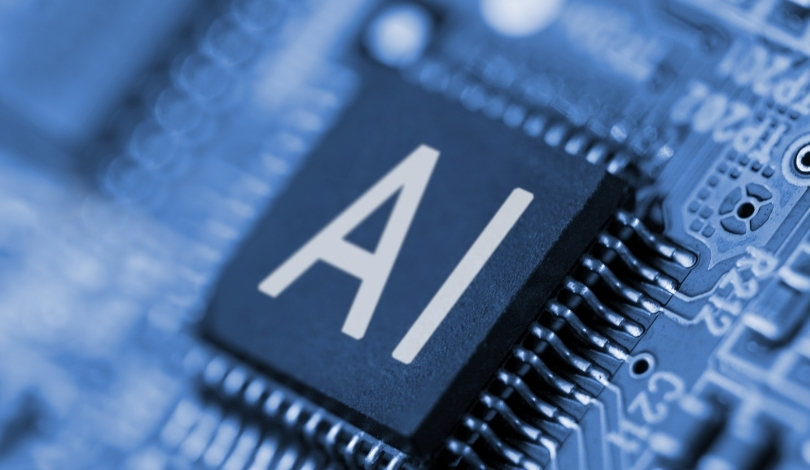A New Yorker named Terry has taken an unconventional approach to modern dating by leveraging artificial intelligence for relationship guidance. Amid her busy lifestyle and challenges in personal connections, Terry relies on ChatGPT, an AI chatbot, to navigate her interactions and communication with her partner. This innovative use of technology highlights the evolving role of AI in personal and emotional aspects of life.
Similar instances of individuals turning to AI for personal advice have surfaced over the years, reflecting a growing trend of integrating technology into everyday emotional needs. While some view this as a practical solution, others express concerns about the depth and authenticity of AI-mediated relationships. Terry’s story adds to this ongoing conversation by showcasing both the benefits and potential drawbacks of relying on AI for personal matters.
Dependence on AI for Emotional Support
Terry’s reliance on ChatGPT, which she has named “Sage,” extends beyond simple advice. She uses the chatbot to compose messages and seek reassurance during uncertain times in her relationship. “Sage, I haven’t heard from him. Is something wrong?” Terry asks, receiving responses that aim to provide logical and calming explanations.
Impact on Personal Relationships
The use of AI in Terry’s relationship raises questions about the authenticity of her interactions. By delegating emotional responses to a machine, Terry may be distancing herself from genuine human connections. This dependency could alter the natural dynamics of her relationship, potentially leading to a lack of personal growth and understanding between partners.
Privacy and Data Concerns
Terry justifies her use of ChatGPT by citing its privacy, believing that her interactions are secure. However, the data processed by AI systems like ChatGPT is stored and managed by large companies, raising concerns about data privacy and security. As users increasingly share personal information with AI, the implications for privacy become more significant.
The integration of AI into personal relationships, as demonstrated by Terry, offers both opportunities and challenges. While AI can provide consistent support and help manage communication, it also raises important questions about the nature of human connection and the potential for over-reliance on technology. Understanding the balance between utilizing AI for assistance and maintaining authentic human interactions is crucial for navigating future relationships.










